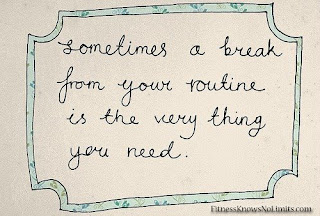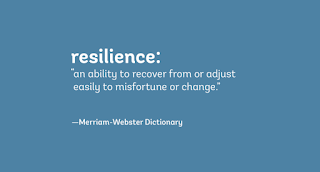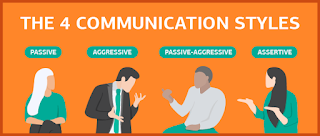On the Path of Self-Destruction: Why do we Self-Sabotage?

All of us, actively or passively, engage in behaviors or activities that prevent us from achieving our goals. Self-sabotage is any action that gets in the way of your intent. This behavior impacts every aspect of our life, in a more or less, covert manner. Have you ever been in a situation where you are on a diet and then you see a tempting chocolate cake? What do you do? Do you stick to your diet or do you take a bite (eventually eating the entire thing)? If you take a bite or eat the entire thing, you are engaging in self-sabotage. Eating the chocolate cake (behavior) prevents you from losing weight (that is, your goal). Let’s look at another example. You have to finish your official report. Your deadline is the day after tomorrow and there is a lot of work which needs to be done. You get an invitation to a party. You are aware that if you attend the party, you will miss the deadline. What do you do in such a situation? Do you attend the party or do you let it pass? If you...









